Fact-check: Is WHO offering these jobs in South Sudan?
No, the website claiming to be WHO’s recruitment portal is a scam. The World Health Organization publishes vacancies and manages candidate profiles using the Stellis platform.
Writer: Makur Majeng
A WhatsApp message with a link to this website claiming to be the World Health Organization’s (WHO) recruitment portal is a hoax.
A screenshot of the WhatsApp message with a website link that claims to be giving jobs
The website features the United Nations agency’s branding and a form for prospective job seekers to fill out. The form collects an applicant’s essential information, such as name, gender, email, phone number, and country of residence.
A screenshot of the next interface of the website
The interface where they ask for the applicant’s details in the form.
After clicking the “Apply Now” button, a new page opens and supposedly displays the count of submitted applications. Job seekers are then prompted to “validate their name to proceed to the next step.”
“Note! The number of applicants is limited,” the message on the page reads.
Below the message are alleged testimonials from people who have already applied.
On clicking the “Continue” button, a new page opens on which job seekers are prompted to provide their name and current level of education. “Send” is the next button, and upon clicking it, a new page opens congratulating the applicant for qualifying to work at the WHO.
However, the portal fails to specify the type of job the applicant is applying for. Nonetheless, the page instructs users to share the information with five groups or 15 friends on WhatsApp to access the WHO “Staff Form.”
The last stage where the form asks the applicant to share in five groups or 15 friends.
Following this step, users are informed that their application was successful, and they are promised a confirmation email.
Upon clicking prompts for application status, printing a PDF, or submitting, users are taken to a different phishing website.
Claim Verification:
A Google keyword search using the “WHO recruitment application portal” yielded no credible results or official announcements related to such recruitment.
The purported job offers and their nature resemble phishing scams, hence 211 Check’s decision to investigate the website’s authenticity. Phishing scams collect personal information under the guise of offering rewards or benefits.
Scammers use similar tactics for fraud, enticing users to bogus websites with promises of rewards. Victims are also urged to share the offers.
Notably, there is no information about the recruitment we are fact-checking on the WHO website, its verified Facebook page, Twitter, or Instagram accounts.
The website we are fact-checking has the domain name abancy.com, which is not the legitimate domain of WHO (who. int).
The WHOIS information for the purported recruitment site shows that it was registered on August 28, 2023, in Great Britain – UK (abbreviated as GB).
The whois details of the abancy.com form
A similar WHOIS search of the official WHO website yielded no results. WHO states on its website that it uses a platform called Stellis to publish vacancies and manage candidate profiles.
The URL provided in the WhatsApp message is flagged as phishing, malicious, and malware by VirusTotal, an online tool that assesses suspicious websites.
The UN agency explicitly cautions job seekers against falling victim to scammers and emphasises that it does not engage in lotteries or provide prizes or awards through any digital medium.
“Should you wish to receive job alerts from Stellis, please register through the profile access links as a user/login. Once you’re logged into the system, go to your profile and then to Preferences to activate a job alert and save your job search criteria. You will then receive email alerts when jobs matching your criteria are published,” a message on the WHO website reads.
The official site for the WHO job site
Conclusion:
211 Check has examined a website claiming to be the recruitment portal of the World Health Organisation (WHO), as shared through a WhatsApp message, and found it to be false, a scam, and a hoax.
This fact check was published by 211 Check with technical support from Code for Africa’s PesaCheck newsdesk through the African Fact-Checking Alliance (AFCA).
To ensure accuracy and transparency, we at 211 Check welcome corrections from our readers. If you spot an error in this article, please request a correction using this form. Our team will review your request and make the necessary corrections immediately, if any.
It’s vital to fight misinformation and disinformation in the media by avoiding fake news. Don’t share content you’re uncertain about. False information can harm and mislead people, risking their lives—Fact-check before sharing. For more details, visit https://211check.org/ or message us on WhatsApp at +211 917 298 255. #FactsMatter

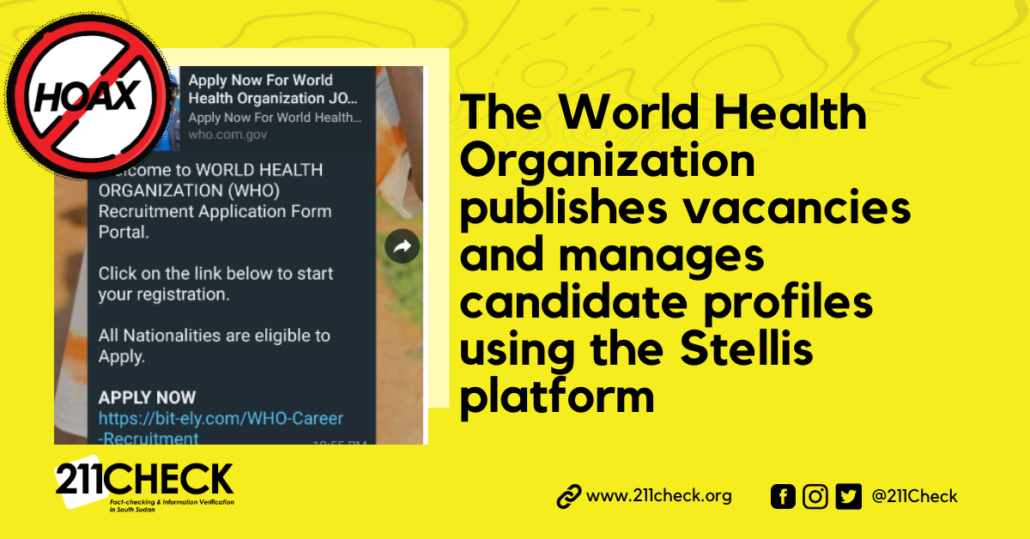
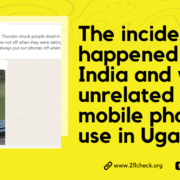
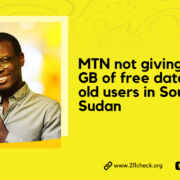
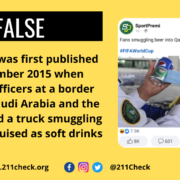

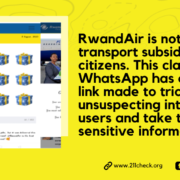
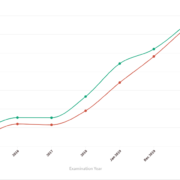 211 Check
211 Check 
Leave a Reply
Want to join the discussion?Feel free to contribute!